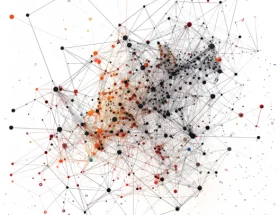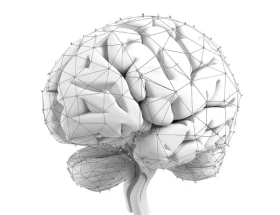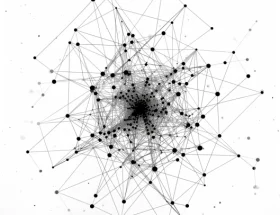The Jouve-Cerebrals Figurative Sequences (JCFS) is a self-administered test designed to measure nonverbal cognitive abilities, focusing on pattern recognition and problem-solving. This post outlines the psychometric evaluation of the JCFS, emphasizing its reliability and practical applications while acknowledging areas for future development.
Background
The JCFS was developed to provide a targeted assessment of nonverbal cognitive strengths, offering an alternative to verbal-focused measures. Its initial evaluation employed both classical test theory (CTT) and item response theory (IRT), methods widely regarded for their effectiveness in assessing internal consistency and validity. The test also includes the Cerebrals Contest Figurative Sequences (CCFS) as a shorter, standalone assessment option.
Key Insights
- Reliability: The JCFS demonstrated strong internal consistency across tested populations, making it a dependable tool for evaluating nonverbal cognitive abilities.
- Discriminatory Power: Results from the study highlighted the test’s ability to differentiate effectively between individuals with varying cognitive strengths.
- Limitations: The study identified areas for improvement, including the need for larger and more demographically diverse samples to enhance the generalizability of the findings.
Significance
The JCFS adds value to the existing suite of cognitive assessment tools by focusing on nonverbal abilities. This is particularly beneficial for individuals whose strengths may not be reflected in traditional verbal-centric tests. Its potential applications span clinical diagnostics, research, and educational settings, where a holistic understanding of cognitive abilities is crucial for informed decision-making.
Future Directions
Further studies are recommended to validate the JCFS in broader populations. Exploring the impact of demographic factors, such as age, cultural background, and educational level, would provide deeper insights into the test’s applicability. Additionally, integrating the JCFS with other assessment tools could enhance its utility in creating comprehensive cognitive profiles.
Conclusion
The JCFS represents a meaningful advancement in nonverbal cognitive assessment, combining robust psychometric properties with practical relevance. While there is room for further research and refinement, its initial success underscores its potential as a reliable tool in understanding and measuring cognitive diversity.
Reference:
Jouve, X. (2023). Psychometric Evaluation Of The Jouve Cerebrals Figurative Sequences As A Measure Of Nonverbal Cognitive Ability. Cogn-IQ Research Papers. https://pubscience.org/ps-1mSQY-6dcead-cugU









